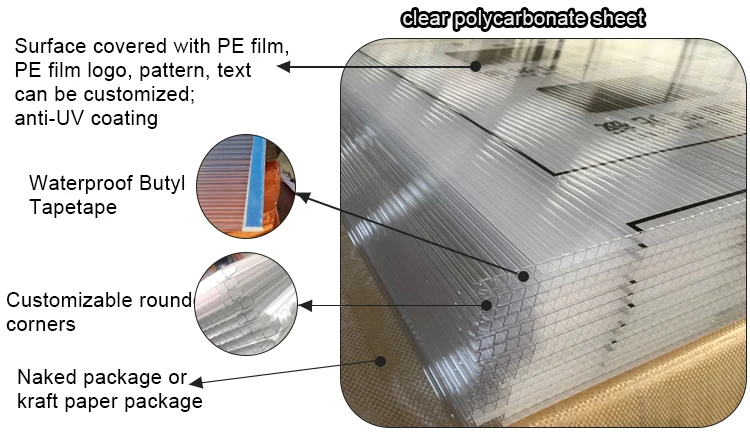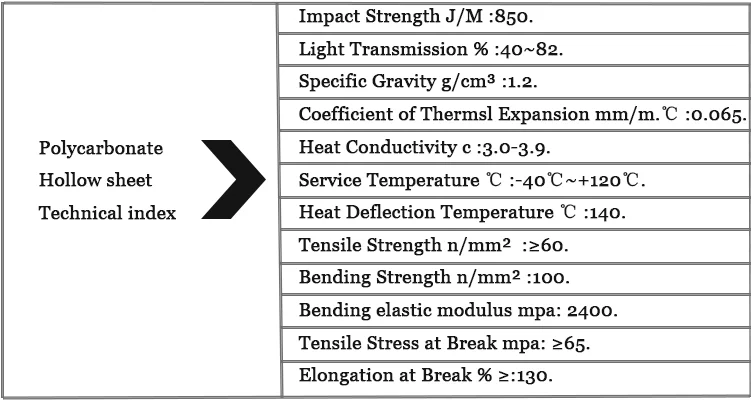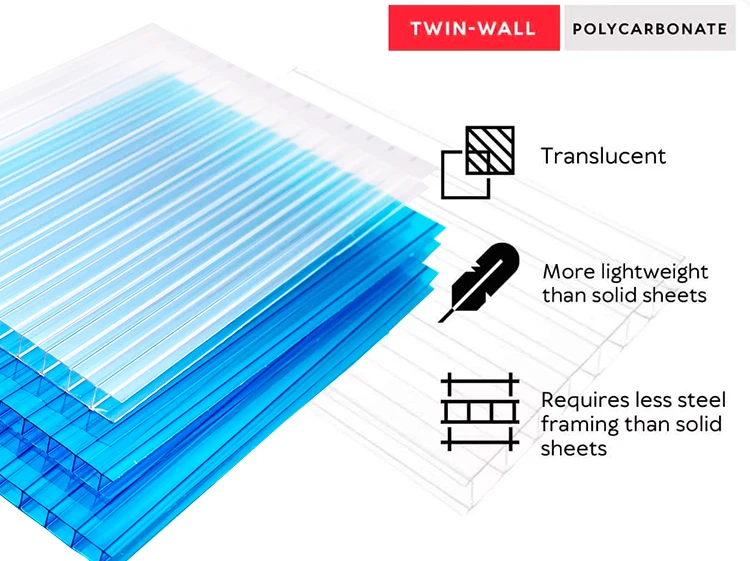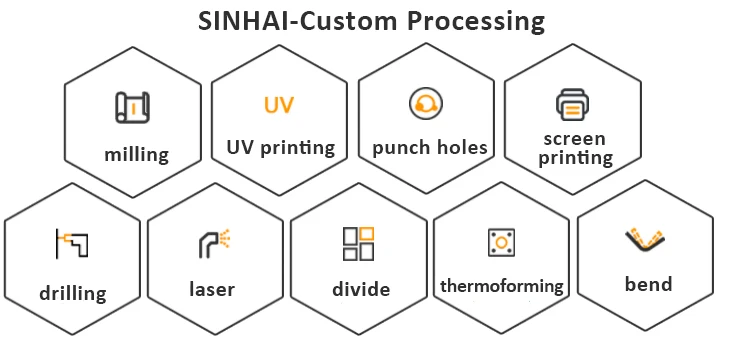Mastering Polycarbonate Sheet Bending: The Role of Temperature
Introduction
Polycarbonate sheets are widely used in a variety of applications, from architectural designs to automotive parts, due to their exceptional strength, transparency, and impact resistance. One critical aspect of working with polycarbonate sheets is the process of bending them to fit specific design requirements. The success of this process largely depends on controlling the temperature during bending. This article examines the effects of different bending temperatures on the mechanical properties of polycarbonate sheets and provides examples of common issues encountered at various temperature settings, along with strategies to avoid them.
The Impact of Temperature on Polycarbonate Sheet Bending
Understanding how temperature affects the bending process is crucial for achieving optimal results. Polycarbonate sheets have a glass transition temperature (Tg) around 147°C (297°F), which means that below this temperature, the material behaves more like a brittle solid, while above it, the material becomes more pliable and easier to shape. However, exceeding the Tg without proper control can lead to degradation and weakening of the material.
Common Issues and Solutions
Too Low Temperature
At temperatures below the Tg, attempting to bend polycarbonate sheets can result in cracking or breaking. This is because the material lacks the necessary flexibility to be reshaped without damage. To avoid this issue, ensure that the sheets are heated to just above the Tg before bending. A typical range for effective bending is between 150°C and 160°C (302°F to 320°F).
Too High Temperature
On the other hand, heating the sheets too much can cause thermal degradation, leading to discoloration, loss of transparency, and reduced mechanical strength. It’s important to monitor the temperature closely and use a heat gun or infrared heater with precise controls. Additionally, using a jig or form to guide the bending process can help maintain uniformity and prevent overbending.
Consistent Heating
Uneven heating is another common issue that can affect the quality of the bent polycarbonate sheets. Hot spots can cause localized softening, leading to uneven bends or warping. Using a heat gun with a diffuser attachment or an infrared heater can help distribute heat more evenly across the sheet. Preheating the entire sheet before bending also helps achieve a more consistent result.
Conclusion
Bending polycarbonate sheets requires careful attention to temperature control to ensure the best outcomes. By understanding the impact of temperature on the mechanical properties of polycarbonate and taking steps to avoid common pitfalls, you can successfully create high-quality bent sheets for your projects. Whether you’re designing architectural features or custom automotive parts, mastering the art of bending polycarbonate sheets will enhance the durability and aesthetic appeal of your creations.
Reference
Understanding the Thermal Behavior of Polycarbonate Sheets
- Durable and Long-Lasting: Our Transparent Support Clear Polycarbonate Smoked Multiwall Twinwall Plastic Roof Sheet Hollow Greenhouse Panels offer a 10-year guarantee, ensuring that your investment lasts for years to come, providing peace of mind for our valued customer.
- Customizable Options: We cater to diverse needs by offering various thicknesses (3mm-20mm), widths (1220mm and 2100mm), and colors (clear, green, blue, brown, and opal) to match your specific requirements, including customized solutions as requested by the customer.
- Multi-Functional: Our product is suitable for various applications such as greenhouse skylights, carports, awnings, and roofing, allowing you to utilize a single product for multiple purposes and projects, including golf training aids in sports and entertainment.
- Advanced Features: Our polycarbonate sheet boasts impressive features such as anti-aging, thermal insulation, impact resistance, and fire resistance, ensuring a safe and efficient use of the product in various settings.
- Comprehensive After-Sales Support: We provide online technical support, onsite installation, onsite training, and installation instructions to guarantee a seamless and hassle-free experience for our customers, including those who requested specific support and assistance.
-
Product descriptions from the supplier
Warning/DisclaimerThis product has acquired the relevant product qualification(s)/license(s) of certain applicable country/countries.View more
Overview
Video Description
Fire resistant 10mm 16mm twin wall multiwall polycarbonate sheet greenhouse panelMaterial
Virgin PC Warranty
10 years, Grade A quality Thickness
4mm,6mm,8mm,10mm,12mm,14mm,16mm,18mm,20mm Width
1220mm 2100mm or can be customized Length
5800mm,12000mm,11800mm,6000mm or can be customized Popular Size
1.22*2.44m,2.1*5.8m,2.1*11.6m,customized Color
Clear, Milk white, Green, Dark blue, Lake Blue, Brown or Customized Features
Light weight: only 1/2 of the glass of the same thickness. High light transmission: up to 88%
Anti-ultraviolet: 50 micron or any UV thickness is added for free.UV protection both sides, or one side.
High impact strength and tensile strength
Fireproof
Thermal insulation
Sound insulation
Application
Bus stop shelter, Building material, Greenhouse, Car garage tents, Advertising boards,Transportation airline, Swimming pool Cover,etc.
Company Type
Manufacturer of polycarbonate sheet Factory Location
Baoding, Hebei province, China Service
Free sample for testing. Accept OEM/ODM.
24hours instant and comfortable customer service.
Shipping status notification during delivery.
Promotion price
% 

























Reviews
Clear filtersThere are no reviews yet.